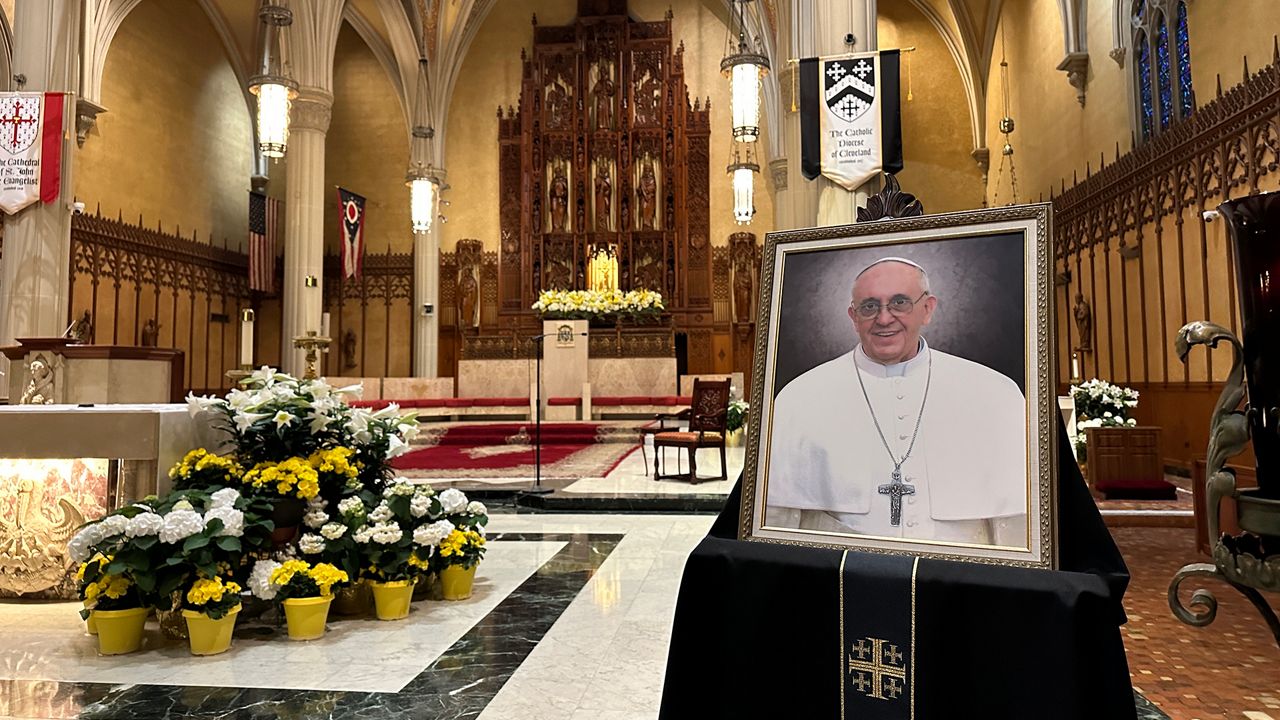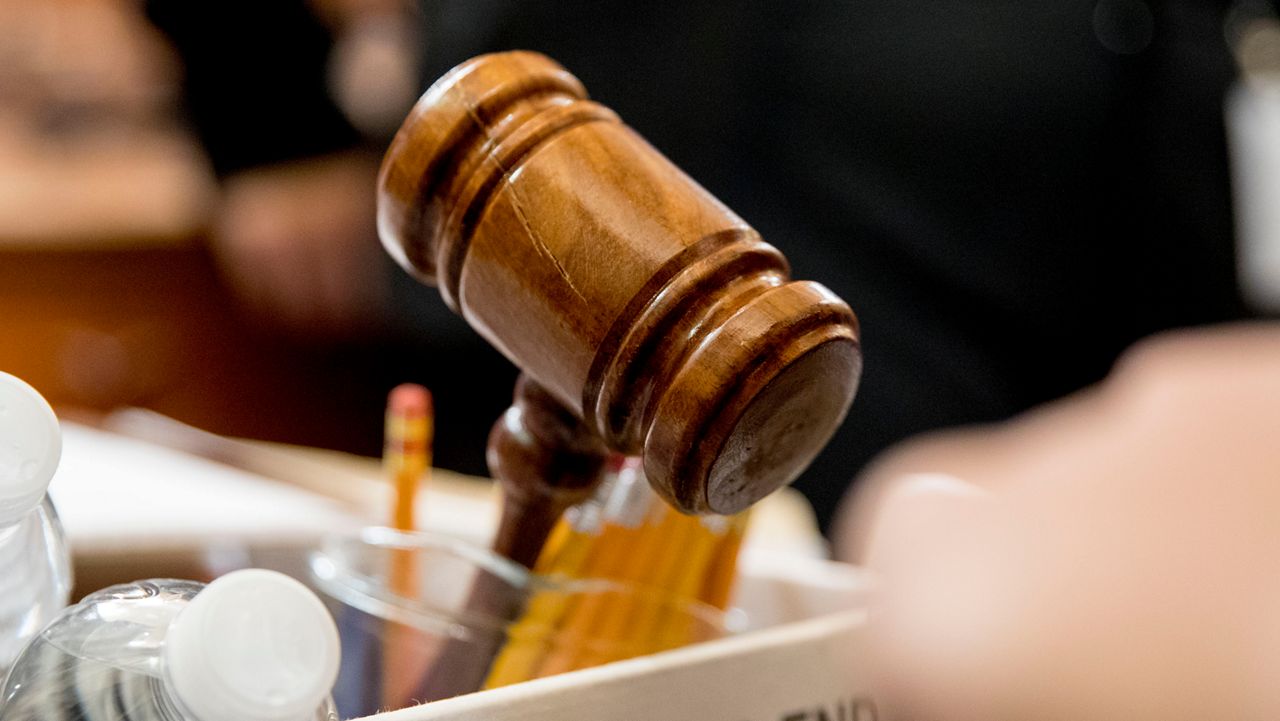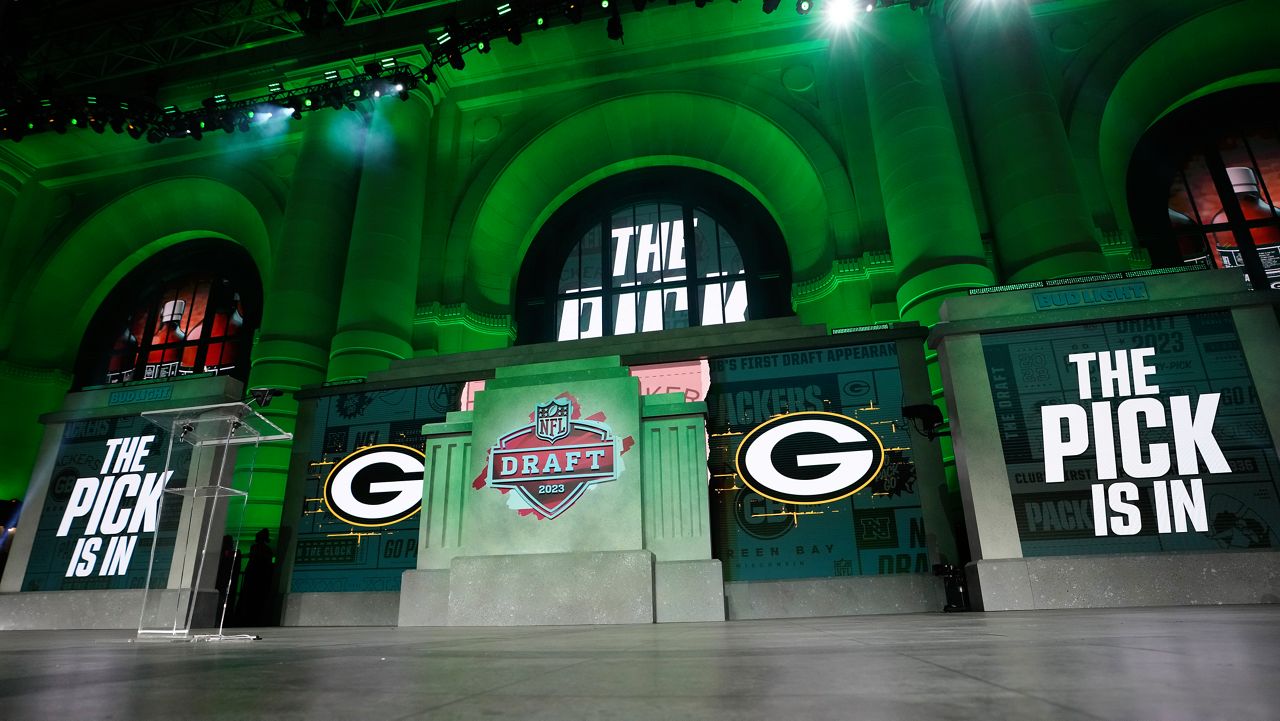COLUMBUS, Ohio — January is National Blood Donor Month, highlighting efforts to maintain a safe and adequate supply of blood and blood products in the United States.
What You Need To Know
In recent years, there have been revolutionary advancements in efforts to create artificial blood that can be used for life-saving transfusions in emergency situations.
Andre Palmer, a professor of chemical and biomolecular engineering at The Ohio State University, is an internationally known expert in blood substitute research.
Professor Palmer’s lab is working to develop safe red blood cell substitutes that could help patients survive until they receive a real blood transfusion. During his research, Dr. Palmer has pointed out that unlike human blood, artificial blood can be stored for several years at room temperature, as no refrigeration is required. Donated blood has a shelf life of 42 days. Additionally, artificial blood can be transfused into anyone, regardless of blood type.
"Blood is not readily available on the battlefield. If you have a natural disaster or a mass casualty event, blood is also not readily available," Palmer said in an interview with Spectrum News. "So, rather than have the patient just bleed out in the absence of having blood available, you can transfuse these synthetic materials, and this can give the patient enough time, typically less than 24 hours, to get medivaced to a medical facility to get a blood transfusion," he added.
You can watch the full interview above.










